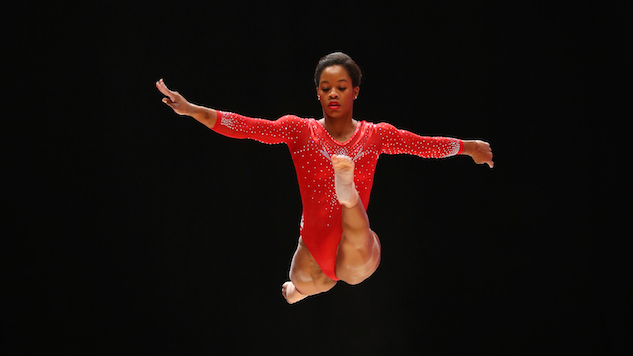
In the previous article, we wrote about the process model in sports, as well as warm-ups and preparations. In this article, we further delve into the process model.
Performance
In football, the game itself is the only opportunity for players and coaches to evaluate their skills and hard work. Their performance includes everything from the first to the last touch. Performance in poker is just as evident. However, there are no obvious consequences that occur when warm-up/preparation and evaluation happen during the game.
Ideally, preparation allows you to play at your highest level from the start of the session. If you do nothing to prepare before the session, then the beginning of the session becomes your preparation. This can mean that for the first 10-15 minutes, you will play mediocre poker until your mind fully immerses in the action. For this reason, you are less focused, make mistakes, miss reads that your opponents give you, and are prone to other psychological issues.
(Photo by Ian MacNicol/Getty images)It is best when evaluation occurs after the session, when you can review the game more closely (this applies more to online poker). However, players very often review played hands right in the middle of the session. They review mistakes in already played hands, perform various calculations, and check their HM or PT. Essentially, they evaluate how they are playing during the game itself. In other words, they are multitasking, and for this reason alone, their game suffers.
Stopping evaluation during the game does not mean eliminating adaptation to opponents' play. Adapting to an opponent's playing style is a way to stay at least one step ahead when playing poker. Adaptation is the key to success, while evaluating the game during play is an unnecessary distraction. Instead, it is better to mark the desired hand that you can review after the session and focus on the action at the table. Ideally, the adaptation itself should be an automatic action (unconscious competence).
Results
In both poker and football, there are many ways to evaluate players' performance. Poker players typically think about easily measurable indicators – money, wins and losses, the number of hours or hands played, win rate. However, it is also necessary to evaluate certain qualitative game parameters, such as how well you played, concentration level, tilt control degree, and improvement of weaknesses.
Results-oriented thinking
Recently, not focusing on results in poker has received a lot of attention. The most commonly suggested solution is to ignore, block, or detach from your results. Players understand that focusing on short-term results is wrong (due to variance), but it is easier said than done. When focusing only on wins and losses, emotions experience significant fluctuations, as they are tied only to these two factors. In the short term, the main problems are caused not so much by focusing on wins/losses but by ignoring other important things.
You need to focus on qualitative results so that emotions are tied to factors you can control 100% in the short term. The process model provides a system for recording qualitative results, as they are usually not easily calculated at the end of each session or tournament. Using this model, focus on the quality of your game, psychological aspects, and improvement, and as a result, your emotions will gradually become tied to and dependent on these results.
The series of articles is prepared based on Jered Tendler's poker psychology book: “Mental Game of Poker”. Those who want to purchase the original, which is in English, can do so on amazon.com





